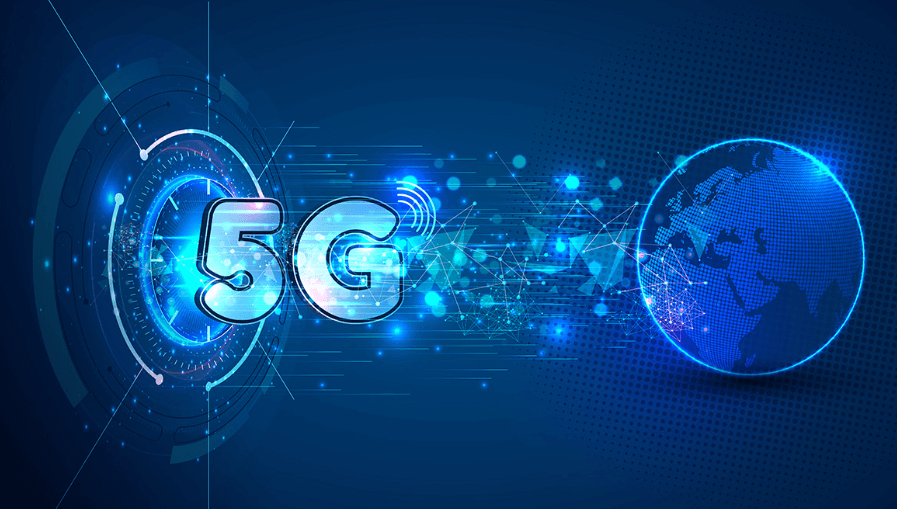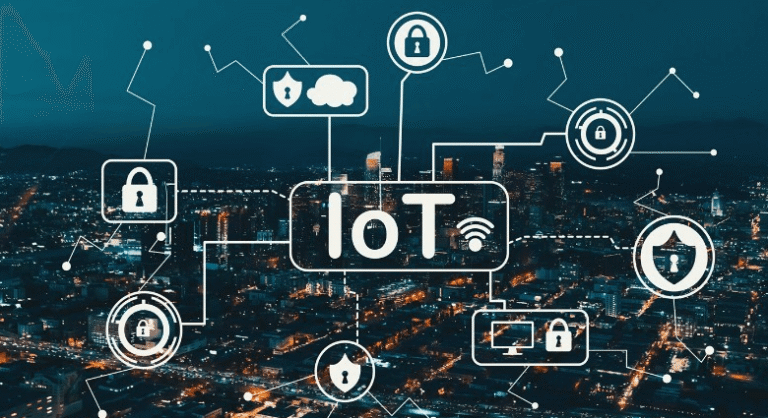The Benefits of 5G: A Game Changer for Connectivity
The introduction of 5G technology represents a significant advancement in connectivity. It offers enhanced speed and performance, which can transform how individuals and industries operate. This shift provides opportunities for real-time data exchange, potentially revolutionizing sectors such as healthcare and transportation. As smart cities and IoT applications gain momentum, the implications for urban management and citizen engagement become increasingly profound. The unfolding landscape suggests a future worth exploring further.
Enhanced Speed and Performance
As 5G technology continues to roll out globally, its enhanced speed and performance are poised to revolutionize connectivity across various sectors.
Users will experience faster downloads and improved streaming capabilities, enabling seamless access to data-intensive applications.
This transformative technology not only enhances personal communications but also fosters a more liberated digital landscape, allowing individuals to engage freely with the ever-expanding online world.
See also: How Virtual Reality Is Transforming the Gaming Industry
Transforming Industries and Services
While many industries grapple with the challenges of outdated infrastructure, the advent of 5G technology presents a pivotal opportunity for transformation.
In the automotive sector, 5G facilitates real-time data exchange, driving innovation in autonomous vehicles.
Concurrently, healthcare advancements leverage 5G for telemedicine and remote monitoring, enhancing patient care.
This synergy fosters a more connected, efficient landscape across diverse sectors, promoting unprecedented growth and freedom.
Empowering Smart Cities and IoT Applications
The integration of 5G technology is crucial for the development of smart cities and the proliferation of Internet of Things (IoT) applications, as it empowers a robust framework for seamless connectivity.
This advancement enables smart infrastructure to thrive, facilitating real-time analytics that enhance urban management, optimize resource usage, and improve citizen engagement.
Consequently, 5G fosters innovation, driving sustainable growth and greater autonomy within interconnected environments.
Conclusion
In conclusion, 5G technology represents a pivotal advancement in connectivity, poised to revolutionize both personal and industrial applications. With the capability to support up to one million devices per square kilometer, 5G not only enhances user experience through faster speeds but also catalyzes innovation across various sectors. As industries adapt to this new paradigm, the resulting economic growth and improved efficiencies underscore the transformative power of 5G, marking a significant milestone in the evolution of global communication.







